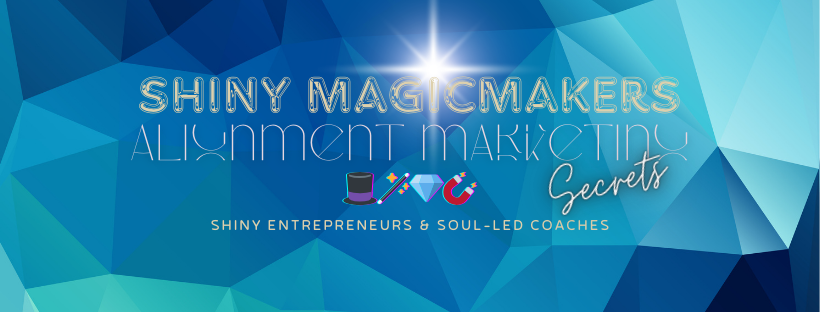Hearing and listening with ADHD is a complex process for anyone. But hearing sounds are a real issue issue for many folks with ADHD because their brain isn’t automatically assigning them to categories like background noise. The truth is, many sounds for people without ADHD don’t even register as a blip on their radar. Even the sound of a jackhammer, off in the distance, can often be filtered almost completely out effortlessly by the subconscious.
But with ADHD, a bird softly chirping outside a window can seem as front and center as a person speaking directly to you. Sounds aren’t sorted and assigned to categories automatically. So, the filtering process has to happen with concerted effort and intention, consciously.
This takes a great deal of energy. Often, you will feel exhausted after attending a lecture or class, because you’ve taxed your brain. Mentally sorting out what’s being said versus all of the other sounds like tapping pencils, shuffling feet, squeaky chairs, and even the rustling of papers, takes a lot out of you.
How does this affect the listening process?
For starters, if you’re trying to not pay attention to some sounds, you can miss others. For example, just thinking about the noises you don’t want to hear. By recognizing them and trying to consciously block them, you will take attention away from what is being said. Coincidentally, that’s the very thing you want to listen to.
Also, if the tone of the speaker or pace of their speech is somehow bothersome, sorting that out is also a chore. With ADHD, the mind is racing at a much faster speed, and the slow delivery of some speakers can become, well…boring. They aren’t able to hold the ADHD mind’s attention even if it’s a topic you’re interested in.
What is happening?
How this affects listening skills is now pretty obvious. If our ears hear and our minds listen, what exactly is the racy mind picking up? Did it catch the tone of the person’s questioning? Did the insinuation of that type of remark fly right by them unnoticed? What nuances were missed? Or, what conclusion has their mind jumped to that will create unintentional problems later? Good listening starts with hearing but it ends with proper mental processing of the sounds. How well the mind can interpret what is being said depends on it. With that in mind, what helps the ADHD brain listen?
One suggestion is to engage in some unnoticeable activity, like doodling, during a lecture. While focusing on the drawing, the ADHD brain may become “distracted” by the speaker. The distraction will be what ultimately gets the attention, so in this way, the lecture becomes better attended to and absorbed.
Many little life hacks like this are what I work on with clients of mine in ADHD coaching. While the specific solutions vary depending on the person, the problems are rather universal. Listening with ADHD can be a problem in that it can going unnoticed. It can instead show up disguised as miscommunication, or as an uncaring, unconcerned person in denial of their ADHD.
If this sounds familiar to you, help is available. Feel free to comment below or contact me directly.
~ Jennie
Join Me in the See in ADHD Facebook Group
Photo by John-Mark Smith on Unsplash

